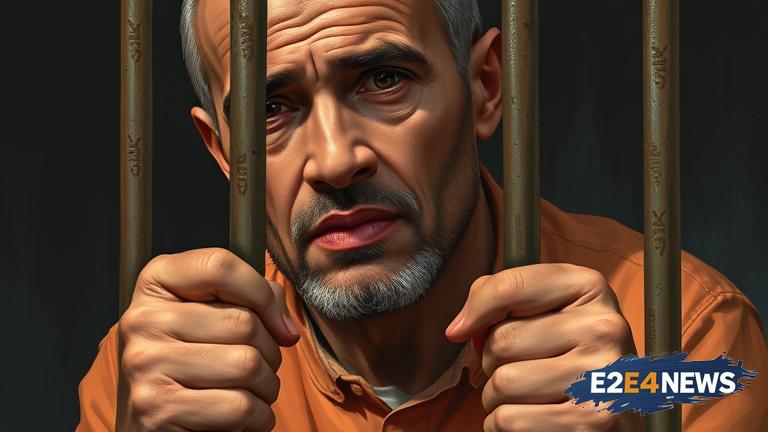A Maryland man, who was wrongfully imprisoned in 1981, has recently filed a lawsuit against the state and various officials, seeking compensation for the decades he spent behind bars. The man, whose identity has not been disclosed, was convicted of a crime he did not commit and has maintained his innocence throughout his imprisonment. Despite his protests of innocence, he was sentenced to life in prison and spent over 40 years incarcerated. The case against him was based on flawed evidence and questionable testimony, which has since been discredited. In recent years, new evidence has come to light, which has led to the man’s exoneration and release from prison. The lawsuit alleges that the state and various officials, including police officers and prosecutors, were negligent and reckless in their handling of the case, leading to the man’s wrongful conviction. The plaintiff is seeking damages for the emotional distress, loss of liberty, and financial hardship he has suffered as a result of his wrongful imprisonment. The case has sparked outrage and calls for reform in the state’s justice system, with many advocating for greater accountability and safeguards to prevent similar miscarriages of justice. The man’s story is a stark reminder of the fallibility of the justice system and the need for ongoing efforts to ensure that the rights of the accused are protected. The lawsuit is expected to be a lengthy and complex process, with many legal experts predicting that it will take years to resolve. In the meantime, the man is seeking to rebuild his life and reintegrate into society after decades of incarceration. The case has also raised questions about the state’s compensation scheme for wrongfully convicted individuals, with many arguing that it is inadequate and fails to provide sufficient support for those who have been exonerated. As the lawsuit progresses, it is likely to shed further light on the systemic failures that led to the man’s wrongful conviction and highlight the need for greater transparency and accountability in the justice system. The man’s experience is a tragic reminder of the human cost of wrongful convictions and the importance of ensuring that justice is served. The case is being closely watched by civil rights groups and advocates for justice reform, who are hopeful that it will lead to meaningful changes in the state’s justice system. Ultimately, the outcome of the lawsuit will depend on the court’s decision, but it is clear that the man’s story will have a lasting impact on the state’s justice system and the lives of those affected by wrongful convictions.
